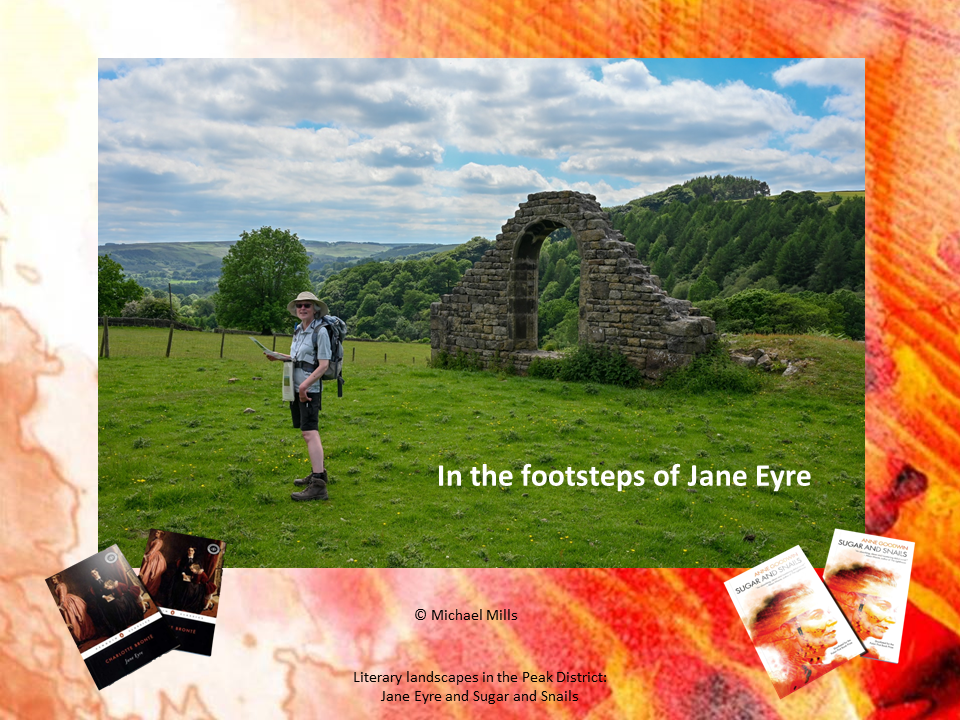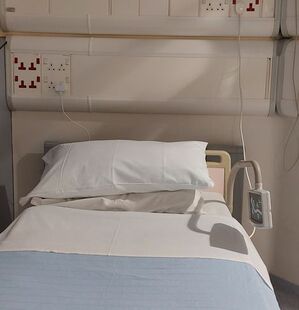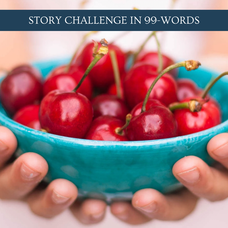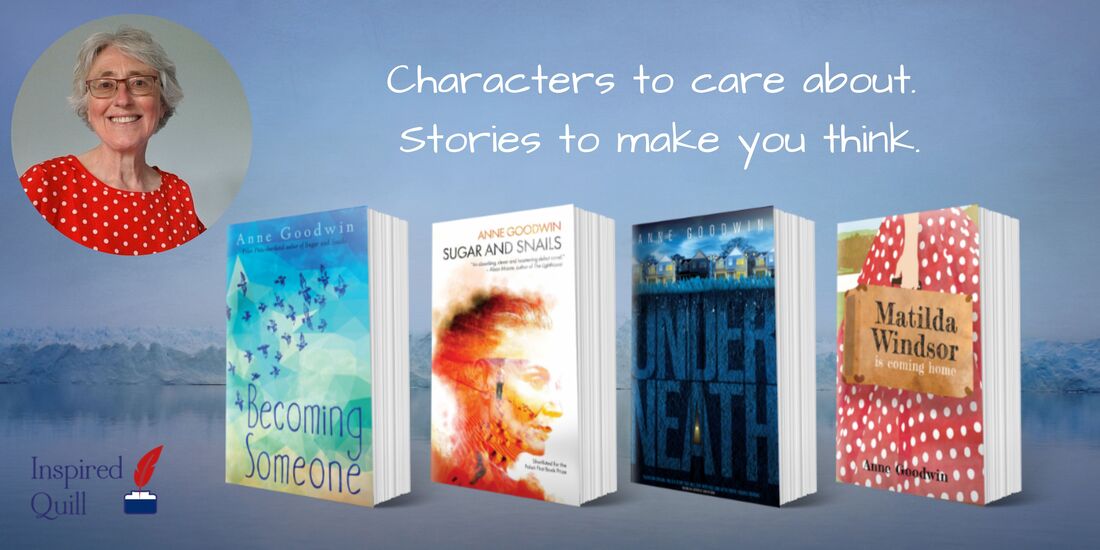| I pulled out of a leading one walk through Jane Eyre territory when Mr A remarked I was breathless just getting from a hospital bed to the bathroom. I pulled out of the second (scheduled for tomorrow) when, although much improved, I realised I couldn’t walk, talk and carry a backpack simultaneously, especially not uphill. Now even the dog walkers have noticed I’m tramping the fields uncharacteristically slowly. How to explain to acquaintances that’s not the real me? |
But I walked. Far and fairly fast. I suppose, although I wasn’t obsessional, I liked the idea of overtaking people younger and longer legged than me.
So it’s a blow to find myself with a catalogue of ailments, including under-functioning kidneys, courtesy of an unspecified autoimmune disease. It’s not logical but, over and above the actual illness, I feel a sense of failure: as if auto means I’ve brought calamity on myself.
Sometimes I’m weary, sometimes I’m teary, but mostly I keep calm and carry on, because that’s what humans do. I swallow my pills and count myself lucky I’ve still got two kidneys. I’m lucky my concentration’s returning, I can meet people outdoors and I can walk reasonably well along the flat.
It’s great that I can stroll through fields to my hospital appointments, even if I have to tell Mr A to slow down. It’s great that, even if I were housebound, I could still have a life online. And there’s still a chance I’ll make a full recovery, even if it takes a while.
But I hate the thought of myself as constitutionally unhealthy. This isn’t supposed to happen to me. It feels unjust when I already had more than my fair share of sickness in my teens.
| None of the treatments or investigations is particularly gruelling. I don’t mind needles and neither the biopsy nor gastroscopy was as difficult as I feared. But I balk at the part that feels counterintuitive: I hate disturbing my body’s natural defences with immunosuppressant medication and I hate the diet that turns everything I’ve learnt about healthy eating on its head. |
“What do you think of the food?” asked the dietician.
“It’s okay,” said Anne. “There’s plenty of it but it’s not very healthy. The vegetables have the flavour boiled out of them and the fruit is tinned.”
The dietician handed her a leaflet. “Let me explain the low potassium diet.”
No coffee, chocolate or bananas: she could handle that. But no stir-fry, roast or steaming without pre-boiling? No muesli, lentils or nuts? No beetroot, blackcurrants or tomatoes, would she have to compost the crop?
It’s summer and she fancies cherries. High or low potassium? They’re not on any list.


























 RSS Feed
RSS Feed





















